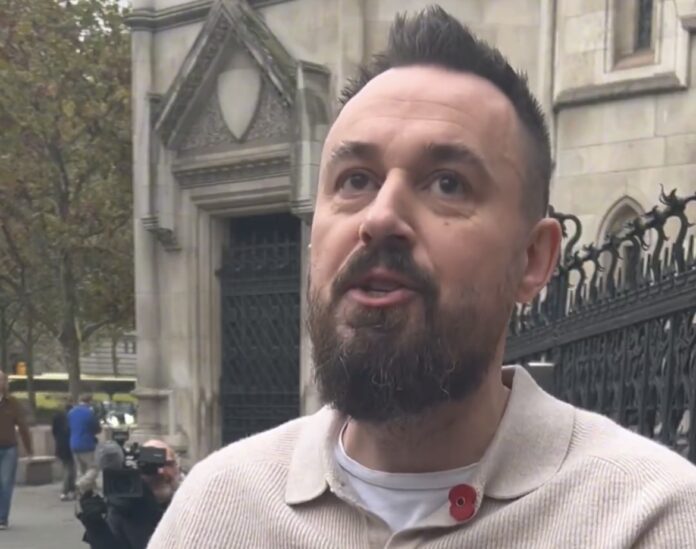Manchester Arena bombing survivor Martin Hibbert has said he is angry, disgusted and broken after the bomber’s brother was able to attack the three prison guards
In a letter to the Justice Secretary posted on social media Mr Hibbert who was left paralysed from the waist down following the attack said
In his letter posted on social media, Mr Hibbert said: “Let’s call this what it is: a catastrophic failure of your duty to protect prison staff and the public from an unrepentant terrorist.
“Not only was Abedi allowed the freedom to move around and use facilities that should never be available to someone like him – he was able to track and target three prison guards using boiling oil and homemade weapons.
“I was led to believe that people like him – mass murderers, terrorists – would face a regime of strict control and zero comfort. I was told justice would be served.
“What I see now is not justice. It’s a shameful lack of accountability and basic prison security.”
He ends his letter
This cannot continue. Something drastic needs to be done. Not tomorrow. Not next month. Now.
Review his prison privileges. Strip him of any access to areas where he can make or find weapons. Protect your staff. Protect the memory of those we lost. Respect those who survived.
Because right now, it feels like you’ve forgotten us.
Haslam Abedi has been moved back to the UK’s most secure prison after his attack on three prison guards at HMP Frankland on Saturday.
Abedi has been moved to the only available highly-controlled ‘suite’ cell in the country at HMP Belmarsh a standalone self-contained unit monitored by a minimum of five people at any one time, and a prison dog. There are only four such cells across England and Wales.
Abedi was jailed for life with a minimum of 55 years in prison after being convicted of murdering 22 people in the 2017 attack carried out by his brother, Salman.
Yesterday The families of five victims of the Manchester Arena bombing told the justice secretary of their “absolute disbelief” that Abedi was allowed to attack prison officers, despite being held in a high-security unit.
Ian Acheson, head of independent review of Islamist extremism in prisons speaking to BBC Newsnight said: “He wasn’t being managed as an exceptionally dangerous individual, as far as I can see. He was given far too much latitude to operate as he did.”







